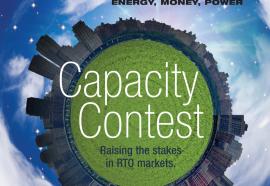Better Data, New Conclusions
The authors respond to Roycroft’s reality check.
Experience with time-of-use pricing programs shows that a large majority of low-income customers will benefit from dynamic prices. In fact, not making such prices available to these customers might be harmful. In the most efficient system, all customers will face the same prices—and policy makers can provide direct relief to ease the burden for low-income customers.







